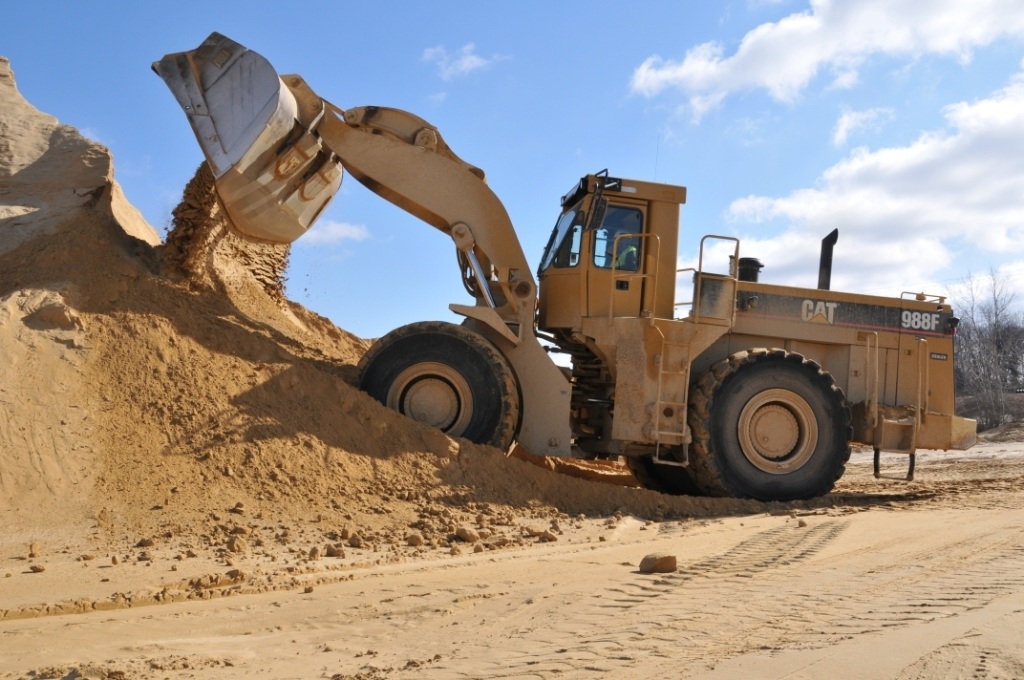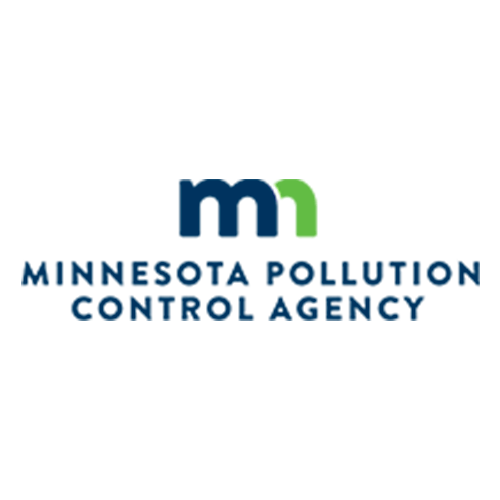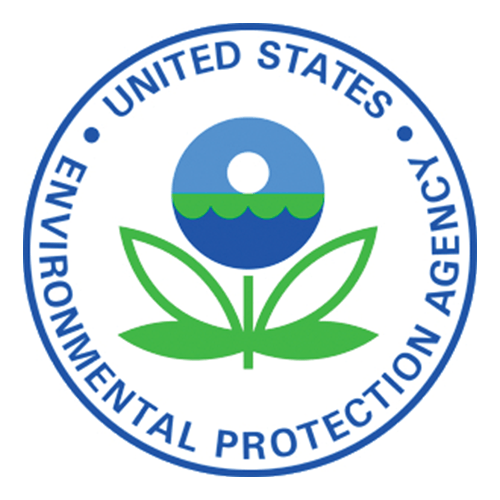Project Green Fleet
Region
Florida, Louisiana, Minnesota, Washington, and WisconsinTimeline
2006 - PresentTopics
Overview
Environmental Initiative partners work with fleet owners and operators to reduce air pollution by upgrading older diesel vehicles and equipment through Project Green Fleet. We are currently prioritizing work in:
- Communities that have faced, or are facing environmental justice concerns or health disparities.
- Areas that are not in compliance with federal air quality standards.
- Goods movement areas including ports, rail yards, airports, or other distribution centers.
Our model is to connect fleet owners with grant opportunities to help off-set the costs of replacing or upgrading diesel vehicles or engines. We identify funding opportunities and recruit fleets to participate in grant applications. Environmental Initiative coordinates installation of equipment, quantifies emissions reduced, and administers large-scale grant funding for Project Green Fleet.
Our accomplishments
Project Green Fleet has retrofitted or replaced diesel engines in school buses, transit buses, heavy-duty trucks, trains, boats, and other construction equipment.

3,331
School buses retrofitted.

1,378
Heavy-duty diesel vehicles and engines upgraded.

36
Annual tons of fine particulate matter reduced.

What vehicle types are eligible?
Project Green Fleet is currently able to reduce emissions on a range of diesel fleets including:
- Class 4-8 heavy-duty trucks.
- Off-road construction equipment including loaders, sweepers, backhoes, etc.
- Locomotives.
- Marine engines and port facility fleets.
Engines must be in current use and operate at least 500 hours per year. After the upgrade, fleets must also agree to operate the equipment for at least 5 years.
Cleaning up marine diesel engines
At first glance, it’s not easy to see how towboats and air quality relate. Big engines – like the ones on marine vessels – can operate for several decades, and many of these older engines lack the environmental controls that are now standard in newer models. Learn more about our work to repower marine engines in partnership with Upper River Services in Saint Paul, Minn.
Clean Air Blogs
Environmental Initiative helps local lawn care business go electric
Parkway Lawn Service in Minneapolis has transitioned from gas-powered to electric lawn equipment, significantly reducing emissions and improving environmental health.
Clean Air Minnesota earns spot as finalist for Harvard’s Roy Family Award
Clean Air Minnesota is a finalist for the 2024 Roy Family Award for Environmental Partnership from Harvard University's Belfer Center for Science and International Affairs. This recognition highlights our collaboration to reduce air pollution and enhance environmental quality through innovative, voluntary efforts.
Minnesota program that fixes old cars for free announces expansion into the East Metro
Environmental Initiative is expanding Project Clean Air Repair (Project CAR) to the East Metro through a new partnership with Turbo Tim's. Low to no cost emission system repairs are now available in eight auto repair shops ahead of summer driving, air quality seasons.
Project Contacts
We collaborate with fleet owners and operators to connect them with grant opportunities to upgrade older diesel vehicles and equipment.




